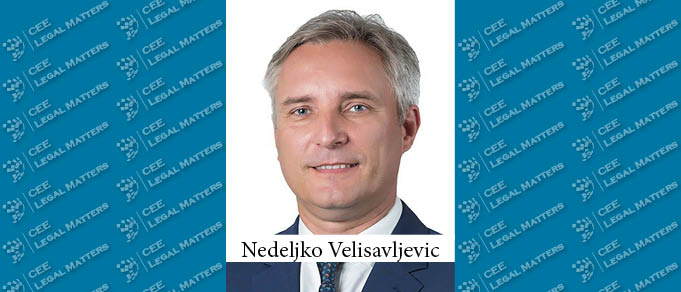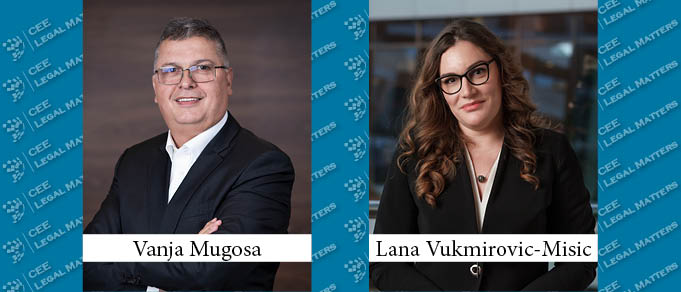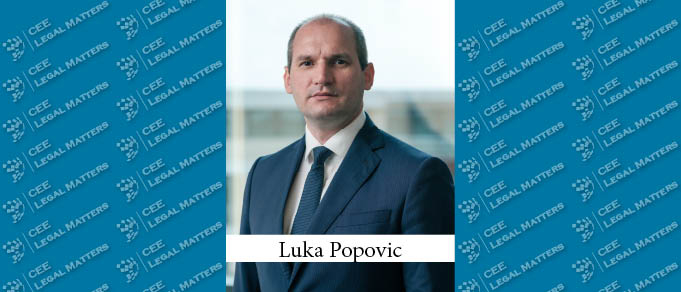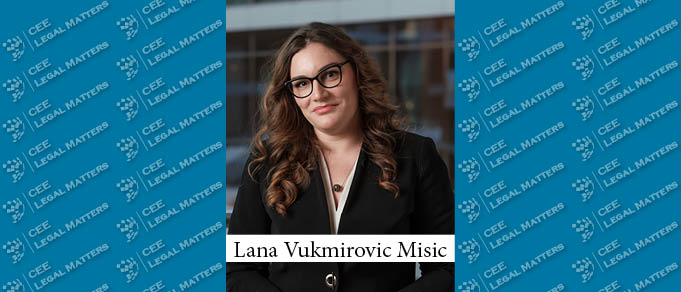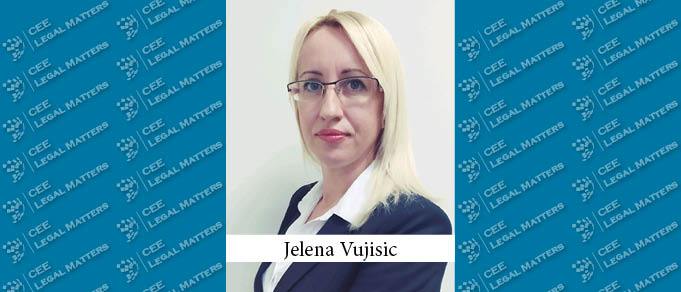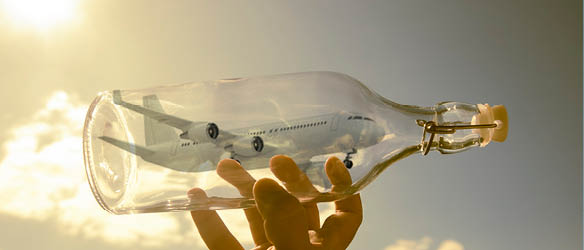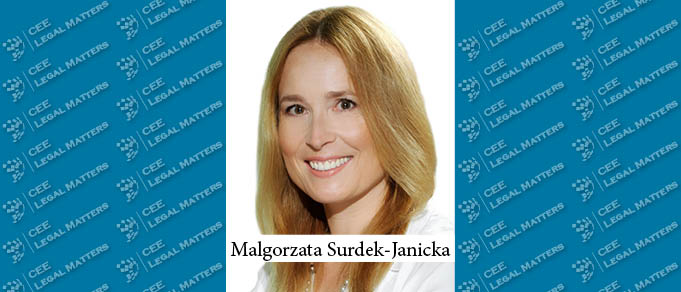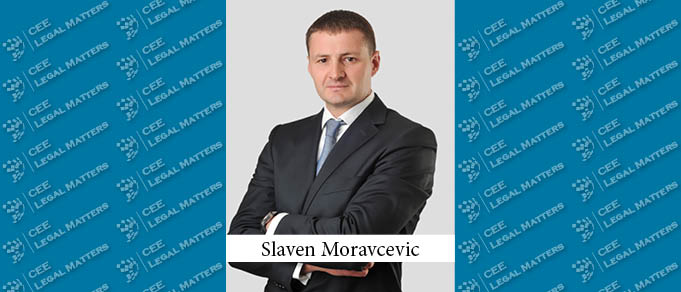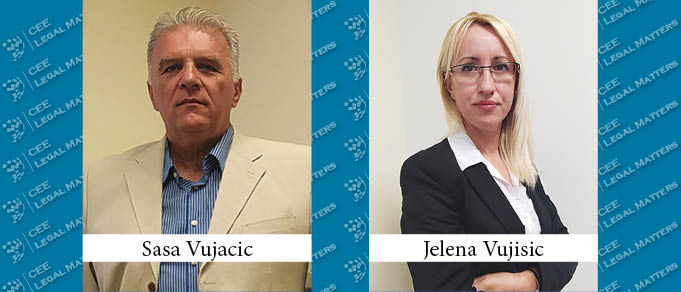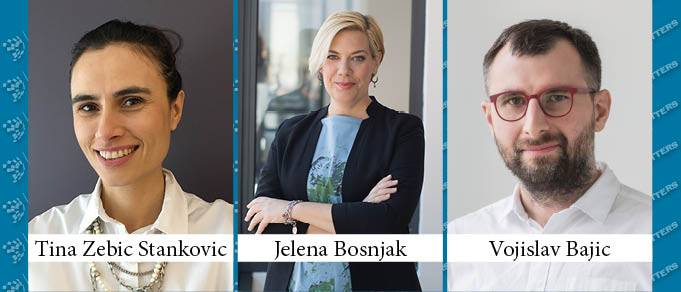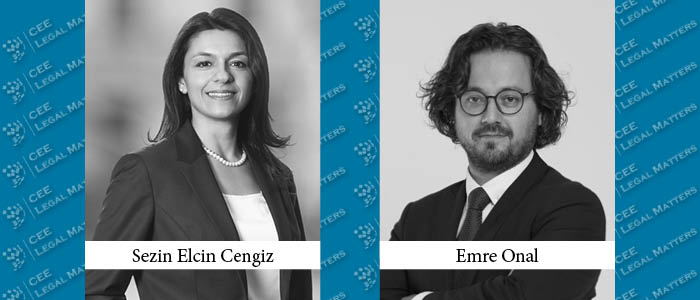Nedeljko Velisavljevic, Head of CMS’ Dispute Resolution practice in Belgrade and Podgorica, has been promoted to CEE Partner.
Montenegro’s Financial Sector, Politics, and The Pandemic
Unprecedented times for the entire world, even more so for Montenegro. Apart from the pandemic that still firmly grips the globe, setting back the economies worldwide, Montenegro has witnessed a huge political shift, as the opposition came to power after narrowly winning the parliamentary election held last year. The victory was hailed by many as the beginning of a new era, expecting the new government to lead this Balkan country toward a more stable and prosperous future. Many changes have been announced, and the financial sector was one of the most talked-about topics.
All Roads Lead to the EU: Montenegro - In Pole Position
“Immediately after gaining independence in 2006, Montenegro set EU accession and the integration process as one of its foreign policy priorities,” says Jovovic, Mugosa & Vukovic Managing Partner Vanja Mugosa. “It started membership negotiations with the EU in 2012 and has so far opened all 33 negotiating chapters, three of which have already been temporarily closed: Chapter 25 (Science and Research) in 2012, Chapter 26 (Education and Culture) in 2013, and Chapter 30 (External Relations) in 2017.”
The Buzz in Montenegro: Interview with Luka Popovic of BDK Advokati
“The word that best describes recent times in Montenegro is uncertainty,” according to BDK Advokati Partner Luka Popovic.
The Buzz in Montenegro: Interview with Lana Vukmirovic Misic of Vukmirovic Misic Law Firm
Vacant Supreme Court Justice positions, as well as the inability to appoint a Minister of Justice, is affecting the justice system and Montenegro’s EU integration prospects, says Vukmirovic Misic Managing Partner Lana Vukmirovic Misic.
The Buzz in Montenegro: Interview with Milica Popovic of CMS
Digital nomads, cyber risk insurance, and an ever-growing energy sector – these are the hottest topics in Montenegro right now, according to CMS Partner Milica Popovic.
A New Decade for Montenegro’s Energy Sector
Change is brewing in Montenegro. The country finds itself exposed to both unprecedented internal and external factors, turning the gears and taking Montenegro in an uncharted direction. The COVID-19 pandemic has, for the last eighteen months, been putting pressure on economies, health systems, and the people themselves, forcing humanity to combat a deadly adversary through measures unseen in modern history. Montenegro was no exception and had to adjust to the new situation adopting preventive measures in order to mitigate the negative effects of the pandemic. An external factor, the virus, was not the only thing that shook things up for the Montenegrin people. There has been a large upset in the political scene, with the parliamentary election being narrowly won by the opposition, removing the Democratic Party of Socialists from power. The new government is faced with many challenges, including continuing the development of the energy sector through innovative and appropriate legislative, regulatory, and strategic action.
The Buzz in Montenegro: Interview with Jelena Vujisic of Vujacic Law
Even with the political situation in the country being turbulent, Montenegro has a lot to look forward to, especially given the success of this year’s tourism season, according to Vujacic Law Partner Jelena Vujisic.
The Corner Office: Childhood Dreams
In “The Corner Office” we ask Managing Partners at law firms across Central and Eastern Europe about their backgrounds, strategies, and responsibilities. The question this time: “What did you most want to be when you were little?”
ICC International Court of Arbitration Appoints Malgorzata Surdek-Janicka as Vice-President
CMS' Malgorzata Surdek-Janicka has been appointed as Vice-President of the International Court of Arbitration at the International Chamber of Commerce in Paris. Aside from Surdek-Janicka, 33 lawyers from CEE were appointed as members and alternate members of the court.
The Buzz in Montenegro: An Interview with Slaven Moravcevic of Schoenherr
Even though it’s been a year since its parliamentary elections, the outcome still seems to be the talk of the town and the biggest influence on business in Montenegro, according to Schoenherr Partner Slaven Moravcevic.
Transportation and Infrastructure in Montenegro – Struggle in a Time of Crisis
Despite its diverse terrain and impassable regions, Montenegro has made remarkable progress in developing its infrastructure and transport network over the last couple of years.
Real Estate in Montenegro – General Overview
The Montenegrin Real Estate market hit a high in 2007 and has remained active since then.
Montenegro: M&A Transactions in a Nutshell
In our legal work in Montenegro, CMS has been engaged in a number of major mergers & acquisitions, representing both buyers and sellers, including Monte Rock’s acquisition of HIT Montenegro in connection with the Hotel Maestral in Budva-Przno, the Delhaize Group’s acquisition of food retailer Delta Maxi, KKR’s acquisition of SBB/Telemach Group, and OTP Bank’s acquisition of Societe Generale Montenegro.
A Snapshot View of Montenegro’s Financial Sector
The economy of Montenegro was severely impacted by the breakup of Yugoslavia into its constituent parts. In order to jump start its economy, calculated and efficient measures had to be undertaken. One of these measures was selecting a stable foreign currency as its own: first the Deutschmark (which was used in parallel with the Yugoslav dinar from 1999 to 2000), then, later, the Euro. This paved the path for economic growth and the creation of an open market, more welcoming to investors.
Taxation in Montenegro
According to Benjamin Franklin, the only two certainties in life are death and taxes. This fact makes Montenegro’s favorable tax regime more attractive. Living and working in this country does not mean a total holiday from taxes, but it does mean a reduced tax load compared to the rest of Europe.
Montenegro: Commentary on Montenegro’s New Media Law
The new Media Law in Montenegro which entered into force on July 6, 2020, will update the country’s legislation in the area. By adopting certain media standards, it is intended to provide the country with the modern legal solutions already present in the countries of the EU.
Marketing with One Arm Tied Behind Your Back: Attorney Advertising Bans In the Former Yugoslavia
Advertising is no easy task for law firms in the former Yugoslavia, and law firm marketing and business development specialists in those legal markets face unique challenges in their attempts to promote their firms and obtain new clients.

